Book Reviews

Edited by Kim Trogal, Irena Bauman, Ranald Lawrence and Doina Petrescu. 2019, Routledge, ISBN: 9781138065819

By Malcolm Cook, Yash Shukla, Rajan Rawal, Dennis Loveday, Luciano Caruggi de Faria and Charalampos Angelopoulos. 2020, Published by Centre for Advanced Research in Building Science and Energy, CEPT University, ISBN: 9781838031008.

Edited by Francesco Pomponi, Catherine de Wolf & Alice Moncaster. Springer, 2018, ISBN: 9783319727967
Latest Peer-Reviewed Journal Content
A framework for 1.5°C-aligned GHG budgets in architecture
G Betti, I Spaar, D Bachmann, A Jerosch-Herold, E Kühner, R Yang, K Avhad & S Sinning
Net zero retrofit of the building stock [editorial]
D Godoy-Shimizu & P Steadman
Co-learning in living labs: nurturing civic agency and resilience
A Belfield
The importance of multi-roles and code-switching in living labs
H Noller & A Tarik
Researchers’ shifting roles in living labs for knowledge co-production
C-C Dobre & G Faldi
Increasing civic resilience in urban living labs: city authorities’ roles
E Alatalo, M Laine & M Kyrönviita
Co-curation as civic practice in community engagement
Z Li, M Sunikka-Blank, R Purohit & F Samuel
Preserving buildings: emission reductions from circular economy strategies in Austria
N Alaux, V Kulmer, J Vogel & A Passer
Urban living labs: relationality between institutions and local circularity
P Palo, M Adelfio, J Lundin & E Brandão
Living labs: epistemic modelling, temporariness and land value
J Clossick, T Khonsari & U Steven
Co-creating interventions to prevent mosquito-borne disease transmission in hospitals
O Sloan Wood, E Lupenza, D M Agnello, J B Knudsen, M Msellem, K L Schiøler & F Saleh
Circularity at the neighbourhood scale: co-creative living lab lessons
J Honsa, A Versele, T Van de Kerckhove & C Piccardo
Positive energy districts and energy communities: how living labs create value
E Malakhatka, O Shafqat, A Sandoff & L Thuvander
Built environment governance and professionalism: the end of laissez-faire (again)
S Foxell
Co-creating justice in housing energy transitions through energy living labs
D Ricci, C Leiwakabessy, S van Wieringen, P de Koning & T Konstantinou
HVAC characterisation of existing Canadian buildings for decarbonisation retrofit identification
J Adebisi & J J McArthur
Simulation and the building performance gap [editorial]
M Donn
Developing criteria for effective building-sector commitments in nationally determined contributions
P Graham, K McFarlane & M Taheri
Reimagining circularity: actions for optimising the use of existing buildings
R Lundgren, R Kyrö, S Toivonen & L Tähtinen
Effective interdisciplinary stakeholder engagement in net zero building design
S Vakeva-Baird, F Tahmasebi, JJ Williams & D Mumovic
Metrics for building component disassembly potential: a practical framework
H Järvelä, A Lehto, T Pirilä & M Kuittinen
The unfitness of dwellings: why spatial and conceptual boundaries matter
E Nisonen, D Milián Bernal & S Pelsmakers
Environmental variables and air quality: implications for planning and public health
H Itzhak-Ben-Shalom, T Saroglou, V Multanen, A Vanunu, A Karnieli, D Katoshevski, N Davidovitch & I A Meir
Exploring diverse drivers behind hybrid heating solutions
S Kilpeläinen, S Pelsmakers, R Castaño-Rosa & M-S Miettinen
Urban rooms and the expanded ecology of urban living labs
E Akbil & C Butterworth
Living with extreme heat: perceptions and experiences
L King & C Demski
A systemic decision-making model for energy retrofits
C Schünemann, M Dshemuchadse & S Scherbaum
Modelling site-specific outdoor temperature for buildings in urban environments
K Cebrat, J Narożny, M Baborska-Narożny & M Smektała
Understanding shading through home-use experience, measurement and modelling
M Baborska-Narożny, K Bandurski, & M Grudzińska
Building performance simulation for sensemaking in architectural pedagogy
M Bohm
Beyond the building: governance challenges in social housing retrofit
H Charles
Heat stress in social housing districts: tree cover–built form interaction
C Lopez-Ordoñez, E Garcia-Nevado, H Coch & M Morganti
An observational analysis of shade-related pedestrian activity
M Levenson, D Pearlmutter & O Aleksandrowicz
Learning to sail a building: a people-first approach to retrofit
B Bordass, R Pender, K Steele & A Graham
Market transformations: gas conversion as a blueprint for net zero retrofit
A Gillich
Resistance against zero-emission neighbourhood infrastructuring: key lessons from Norway
T Berker & R Woods
Megatrends and weak signals shaping future real estate
S Toivonen
A strategic niche management framework to scale deep energy retrofits
T H King & M Jemtrud
Generative AI: reconfiguring supervision and doctoral research
P Boyd & D Harding
Exploring interactions between shading and view using visual difference prediction
S Wasilewski & M Andersen
How urban green infrastructure contributes to carbon neutrality [briefing note]
R Hautamäki, L Kulmala, M Ariluoma & L Järvi
Implementing and operating net zero buildings in South Africa
R Terblanche, C May & J Steward
Quantifying inter-dwelling air exchanges during fan pressurisation tests
D Glew, F Thomas, D Miles-Shenton & J Parker
Western Asian and Northern African residential building stocks: archetype analysis
S Akin, A Eghbali, C Nwagwu & E Hertwich
Join Our Community

The most important part of any journal is our people – readers, authors, reviewers, editorial board members and editors. You are cordially invited to join our community by joining our mailing list. We send out occasional emails about the journal – calls for papers, special issues, events and more.
We will not share your email with third parties. Read more


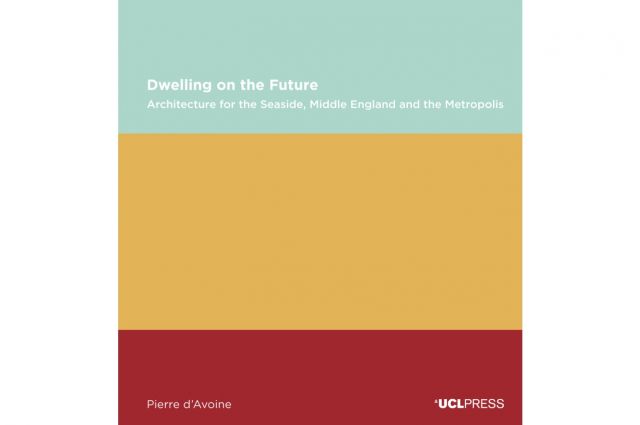
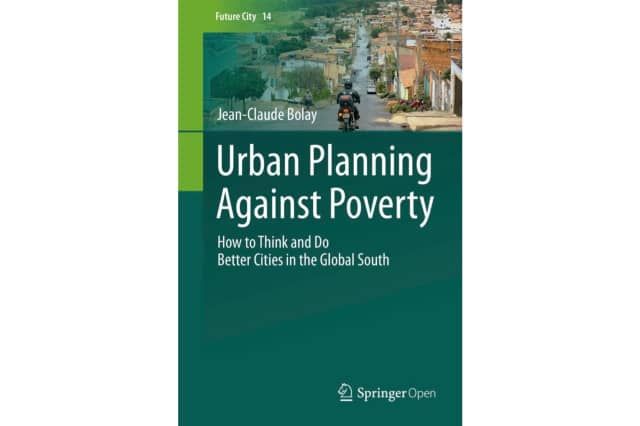
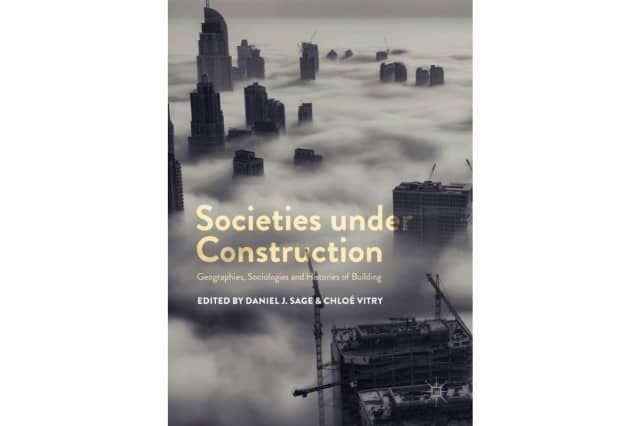
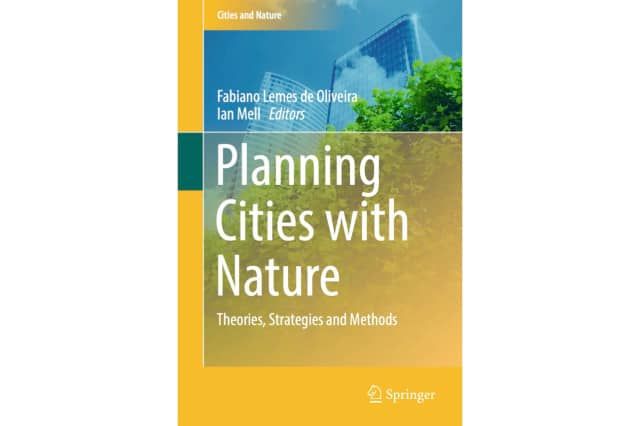


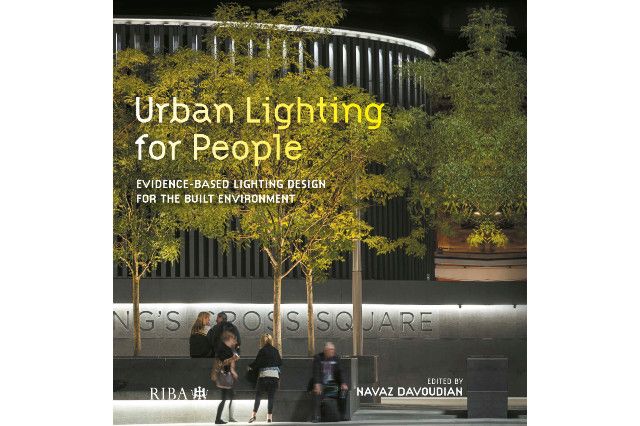



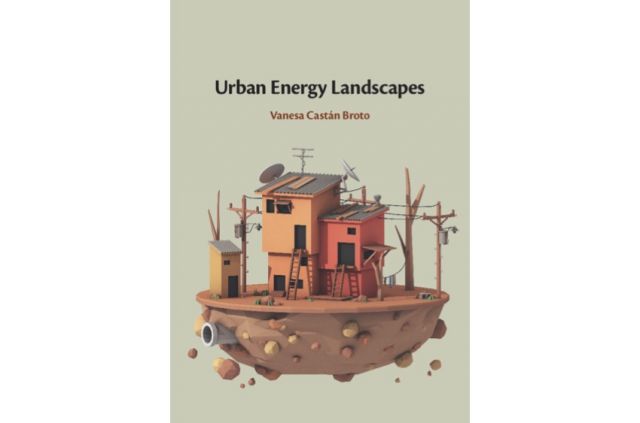
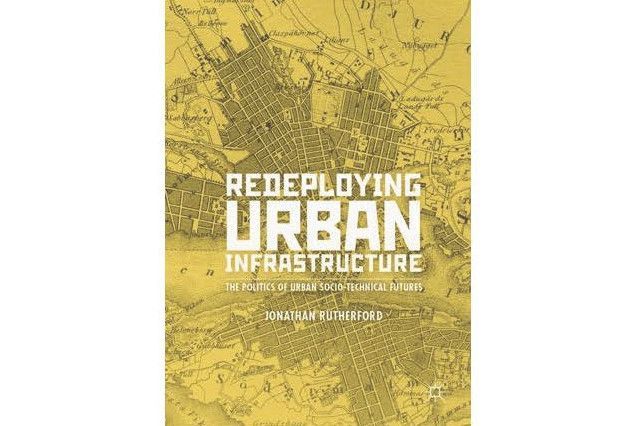


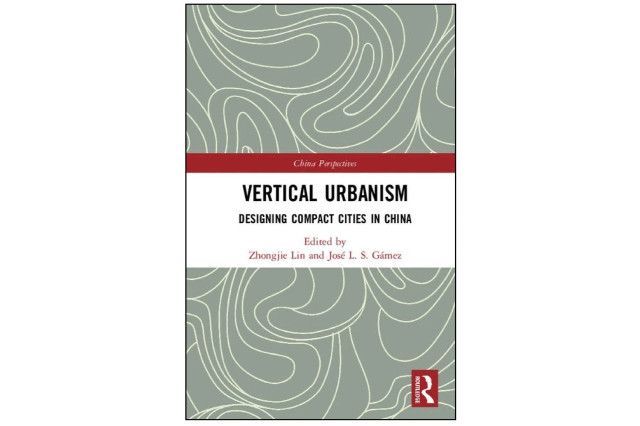

Latest Commentaries
COP30 Report
Matti Kuittinen (Aalto University) reflects on his experience of attending the 2025 UN Conference of the Parties in Belém, Brazil. The roadmaps and commitments failed to deliver the objectives of the 2025 Paris Agreement. However, 2 countries - Japan and Senegal - announced they are creating roadmaps to decarbonise their buildings. An international group of government ministers put housing on the agenda - specifying the need for reduced carbon and energy use along with affordability, quality and climate resilience.
Building-Related Research: New Context, New Challenges
Raymond J. Cole (University of British Columbia) reflects on the key challenges raised in the 34 commissioned essays for Buildings & Cities 5th anniversary. Not only are key research issues identified, but the consequences of changing contexts for conducting research and tailoring its influence on society are highlighted as key areas of action.